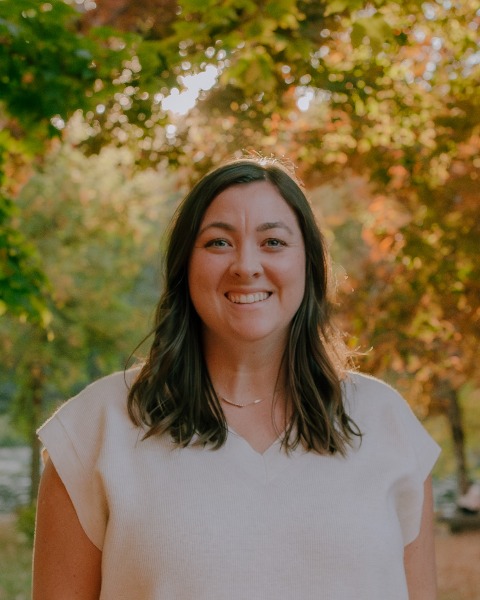Poster Presentation
Social Justice and Health Equity
Thursday Poster Power Hour
THURS-044 - Expanding Community Capacity and Diversity to Increase Access to HIV Testing in Davao, Philippines
Thursday, April 17, 2025
11:45 AM - 12:45 PM PST
Location: Pacific I/II, 2nd Floor
Area of Responsibility: Area III: Implementation
Subcompetencies: 3.2 Deliver health education and promotion interventions., 3.1.5 Train staff and volunteers to ensure fidelity.
Research or Practice: Research
Subcompetencies: 3.2 Deliver health education and promotion interventions., 3.1.5 Train staff and volunteers to ensure fidelity.
Research or Practice: Research

Isabelle Unger, BS, MPH (she/her/hers)
International Project Coordinator, Adjunct Faculty
Meeting TENTS, Biola University
Anaheim, California, United States
Poster Presenter(s)
Learning Objectives:
At the end of this session, participants will be able to:
- Assess the need for increased HIV testing and access to care in Davao, Philippines.
- Understand the importance of diversifying community training and collaborations to build capacity.
- Identify initial steps to build the HIV Care Continuum on a local level.
Detailed abstract description: Background
Studies suggest that less than 10% of the total population in the Philippines have been tested for human immunodeficiency virus (HIV) and only 2% of women ages 18-45 years. Improving access to testing is imperative to building the HIV Care Continuum, given the aims of the United Nations’ 95-95-95 targets and Sustainable Development Goals (SDGs). International Public Health partnerships introduced a health education and training intervention to certify a diverse spectrum of community health workers to increase HIV prevention, early detection, and access to care for disadvantaged populations in Davao City, Philippines.
Methods
Binational ethics approval was achieved through Philippine and US entities. A community assessment was conducted and stakeholders were identified based on accessibility to services for women at risk. Participants included a diverse range of representatives from universities, organizations, local clinics, social work programs, a midwifery practice, three religious organizations, and local tribal leaders. The comprehensive HIV education, counseling, and testing training conference covered the span of one week with all-day health education sessions. Participants were required to take a pre-test, attend all sessions, and complete a post-test on their knowledge of HIV, disease transmission, prevention, counseling techniques, and testing.
Results
Thirty-one participants in Davao City were trained and certified in HIV counseling and testing. Twenty-four participants met the inclusion criteria for statistical analysis. Exams were comprised of three parts to measure competency for HIV certification. Pre-test scores indicated extremely low levels of HIV knowledge with a mean score of 27.97% and a range of 9.59-54.79%. Post-tests were given one week later and the mean increased markedly to 87.61% with a range of 52.05-97.26%. A Wilcoxon Rank Sum Test showed a high level of statistical significance between the pre- and post-test scores (p < 0.001).
Conclusion
This study suggests that interdisciplinary HIV health education interventions can increase the capacity of community-based organizations in the Philippines to continue the HIV continuum of care. This is imperative to increase testing accessibility for women and community members at risk.
Community leaders can replicate this study’s health educational components within their communities, allowing community members, including unreached populations such as women at risk in the Philippines, to assess their own risk for HIV and get tested.
Increasing HIV education is foundational in the HIV Care Continuum, core SDGs, and 95-95-95 targets for the Philippines. Diverse collaborations are needed to achieve access to testing and ultimately community viral suppression.
